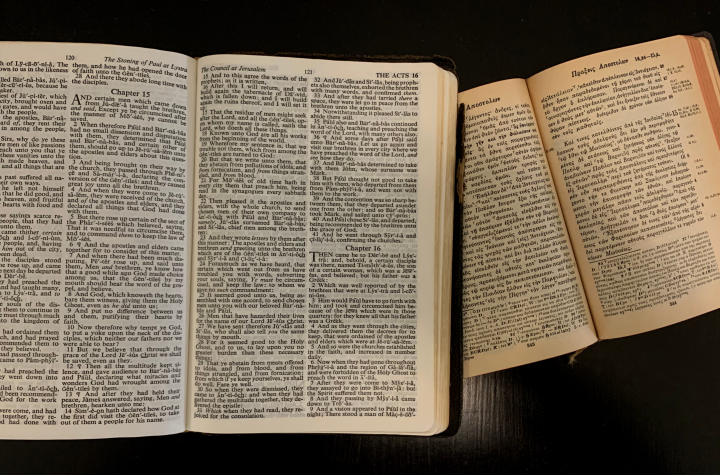As today’s broad Messianic movement enters into the late 2010s, 2 Corinthians for the Practical Messianic—while surely presenting some important theological discussions—may surprisingly offer us more to consider about our present level of spirituality. There are First Century background issues involving Second Temple Judaism and Greco-Roman classicism to be weighed, but there are more vital questions to be probed about the difficulties faced by an individual person like Paul. How much do we not consider ourselves as beneficiaries of not just Paul’s letters, but his steadfast devotion to the Messiah? What overlooked lessons and necessary corrections, do today’s Messianic people need to take from 2 Corinthians—especially given the new challenges that we will be facing, as salvation history steadily moves toward the return of Israel’s Messiah?
Messianic Apologetics
Even with some discussion on parts of the letter of 1 Corinthians, here and there within the Messianic movement, 1 Corinthians still remains one of the most difficult and elusive writings within the Apostolic Scriptures (New Testament) for our faith community to examine. This resource, 1 Corinthians for the Practical Messianic, intends to change much of the insecurity that today’s Messianic people may have. Messianic Apologetics editor J.K. McKee focuses Messianic people on: the text of Paul’s letter, various translation issues from Greek into English, background issues from either Second Temple Judaism or Greco-Roman classicism, and academic proposals such as various statements in 1 Corinthians not at all being remarks of the Apostle Paul, but instead Corinthian slogans Paul is having to respond to or refute.
This Messianic study on Romans is definitely one produced for the 2010s, and for the challenges that the Messianic movement presently faces! Messianic Apologetics editor J.K. McKee offers a compelling examination of this letter, appreciating the perspectives of Law-positive Christian traditions which have preceded us, but one which is also engaged with some contemporary perspectives. These include proposals present via the New Perspective on Paul, studies and thoughts regarding the “I” of Romans ch. 7, egalitarian views regarding figures such as Phoebe and Junia in Romans ch. 16, and most especially current Messianic handling of the topic of Israel in Romans chs. 9-11.
In the commentary James for the Practical Messianic, Messianic Apologetics editor J.K. McKee addresses what we need to learn as Messianic Believers today from James’ epistle. He takes into account the distinct Jewish character of James, considering various passages in the letter with statements made in the Torah and Tanach, the Apocrypha, Philo, Josephus, the Pseudepigrapha, Dead Sea Scrolls, and also the Mishnah and Talmud. He also considers the First Century history behind James’ letter, and also parallels that exist between statements in James and remarks made in Greco-Roman classicism. Most importantly, various important theological opinions that have existed over the centuries regarding James are addressed, especially as to whether or not the Epistle of James at all contradicts the theology of the letters of Paul.
Too many of today’s Messianics refer to Acts 15 without a great deal of consideration for the context of the events as they took place in the First Century C.E. We often assume things that we should not assume, and we overlook things that we should not be overlooking. This study critically examines Acts 15 in detail, is engaged with current Acts scholarship, and tries to properly compare and contrast the ancient setting of the Jerusalem Council with some of what we see going on in the emerging Messianic movement today.




